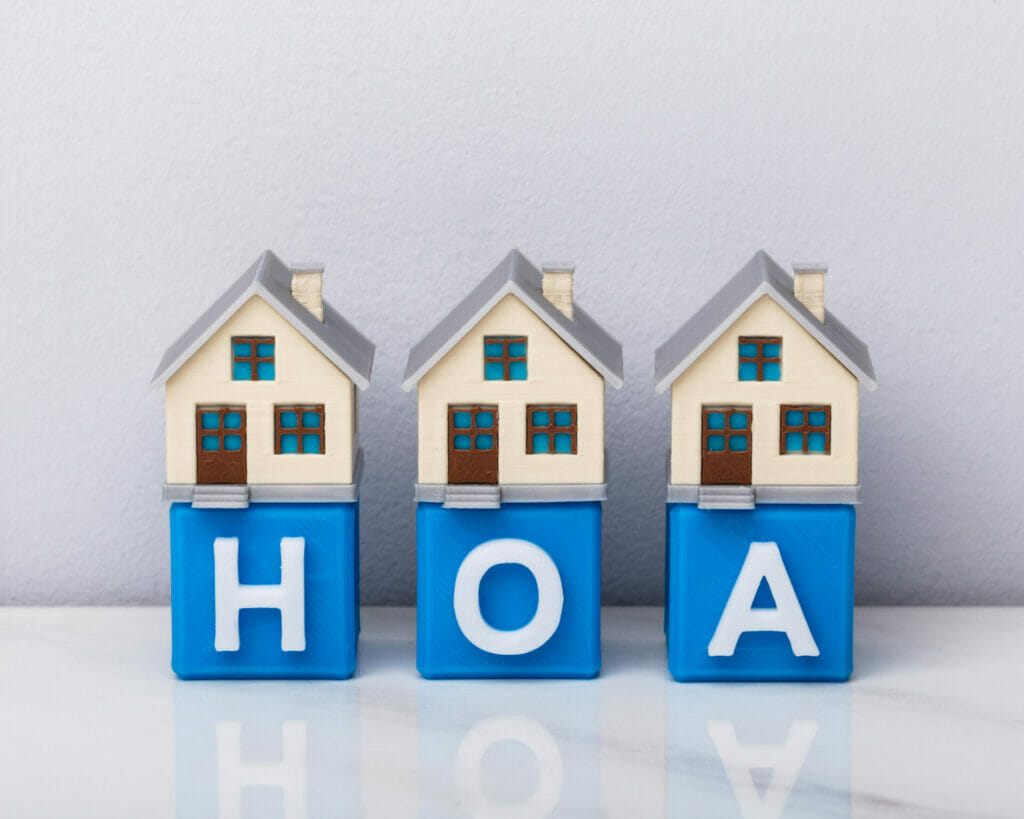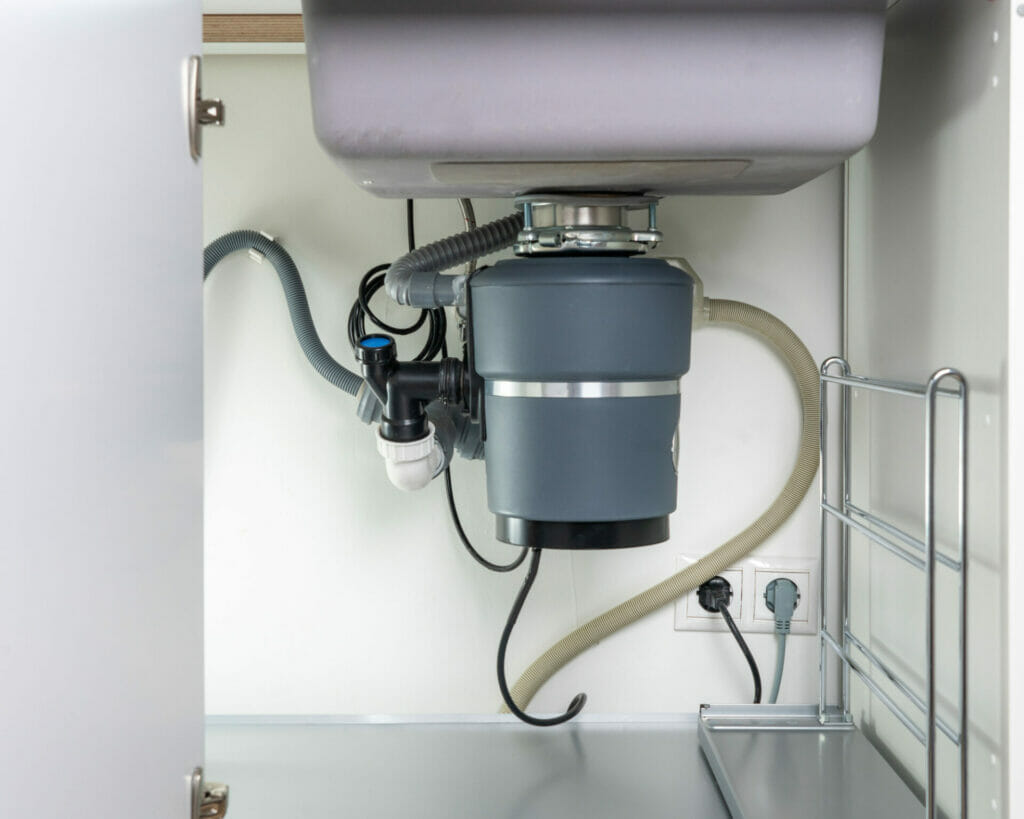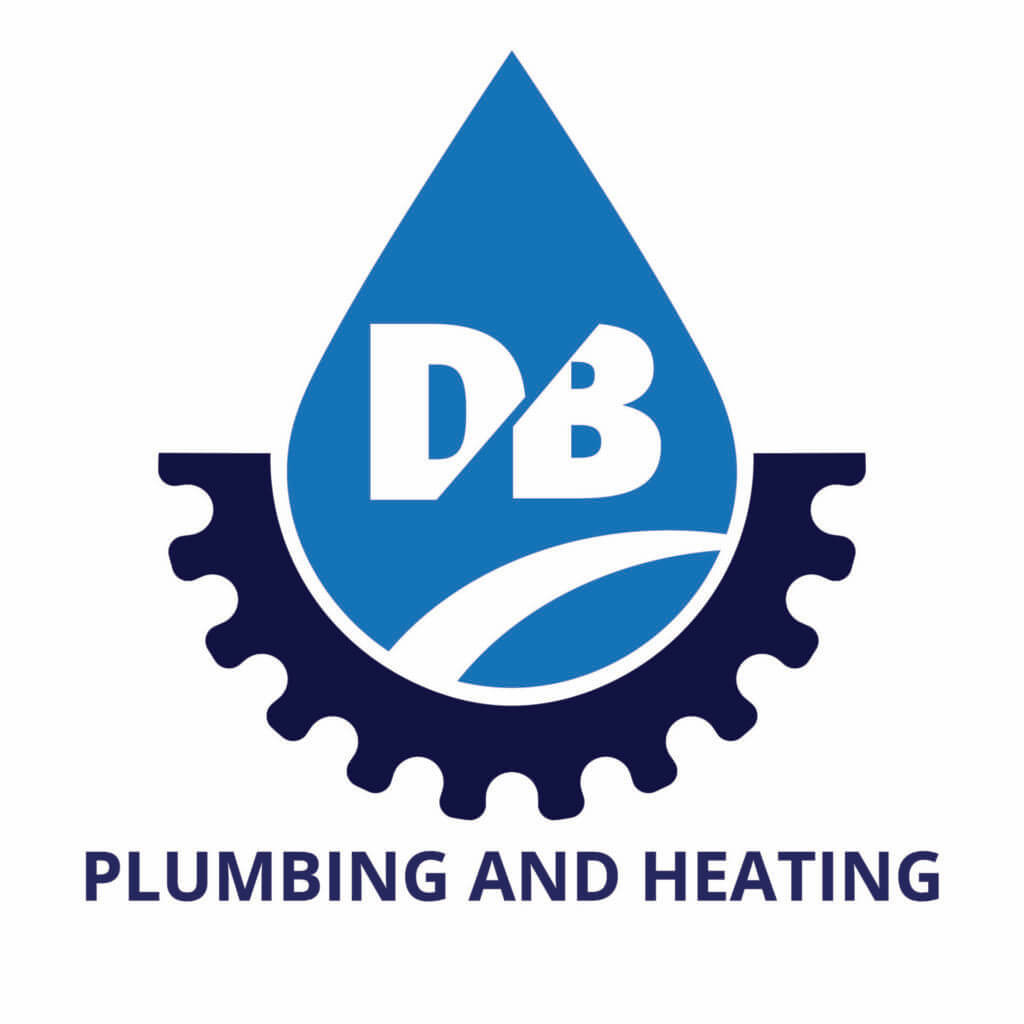Emergency Services - Open 24/7
Located In Nutley, NJ
Every homeowner must keep their plumbing system in good working order. Your plumbing is the backbone of your home, providing clean water for drinking, bathing, and other household needs.
However, plumbing problems can occur at any time which could cause harm and discomfort. Fear not! This comprehensive guide will equip you with the knowledge to tackle residential plumbing repairs effectively.
From understanding the basics to preventive maintenance, you'll be ready to handle common plumbing issues like a pro.

Let's start by getting familiar with the fundamental components of your home's plumbing system. Plumbing systems can vary in complexity depending on the age and size of your home.
We'll take you through the main elements including the water supply lines, drain-waste-vent (DWV) system, and various fixtures. By understanding how these components work together you'll be better equipped to troubleshoot issues.

Water Supply Lines
Water supply lines are responsible for delivering clean water to your faucets, showers, toilets, and appliances. It's essential to know how to shut off the water supply in case of emergencies, such as a burst pipe or a major leak.
We'll show you how to locate and operate the main water shut-off valve in your home.
Drain-Waste-Vent (DWV) System
The DWV system is responsible for removing wastewater and sewage from your home. It's a critical part of your plumbing system, and issues with the DWV system can lead to unpleasant odors and blockages. We'll explain the basics of the DWV system and how to identify and clear common blockages.
Fixtures
Your plumbing fixtures include faucets, toilets, sinks, showers, and bathtubs. Understanding how these fixtures work and how to maintain them properly can save you from frequent repairs. We'll provide tips on how to fix minor issues like dripping faucets and running toilets, which can waste water and drive up your utility bills.

You'd be surprised how many common plumbing issues you can handle on your own. That's right! No need to call for help immediately. Let's dive into some of the most frequent plumbing problems homeowners face and how to address them.
Leaky Faucets
In addition to being inconvenient, leaky faucets can eventually waste a lot of water. We'll walk you through the step-by-step process of fixing different types of faucets including compression, cartridge, ball, and ceramic disc faucets. With a few basic tools and replacement parts you can conquer the drip and save water and money.
Running Toilets
Every day hundreds of gallons of water might be lost due to a running toilet. The constant sound of water running can be maddening and your water bill will show the consequences. We'll guide you through diagnosing the issue, whether it's a faulty flapper or a fill valve, and show you how to make the necessary repairs.
Clogged Drains
Clogged drains are a common nuisance in households. From hair and soap scum in bathroom drains to food particles and grease in kitchen sinks, we'll share different methods to clear those stubborn clogs. We'll also introduce eco-friendly alternatives to chemical drain cleaners.
Low Water Pressure
Experiencing weak water flow from your faucets and showerheads can be frustrating. Low water pressure can result from various factors, such as mineral buildup or a faulty pressure regulator. We'll help you troubleshoot the issue and provide solutions to restore adequate water pressure.

Before you embark on your plumbing repair journey it's essential to have the right tools at your disposal. We'll provide you with a detailed list of must-have tools for DIY plumbing repairs. From wrenches and pliers to drain snakes and plungers, these tools will be your allies in conquering plumbing issues.
Safety is paramount when working with plumbing systems. We'll highlight the necessary precautions to prevent accidents and injuries. When dealing with water and potentially hazardous materials, it's crucial to wear protective gear such as gloves and safety goggles. Additionally, we'll emphasize the importance of turning off the water supply before starting any repair work.
It's been said that prevention is always better than treatment. That's true for plumbing too! Regular preventive maintenance is key to keeping your plumbing system in top shape and avoiding major issues down the road.
Inspect and Clean Drains Regularly
One of the simplest preventive measures is to inspect and clean your drains regularly. Remove hair, soap scum, and other debris from bathroom drains, and use drain strainers in the kitchen sink to catch food particles.
Check for Leaks
Keep an eye out for any signs of leaks such as water stains on walls and ceilings, damp spots, or unexplained increases in your water bill. Promptly fixing leaks can prevent water damage and save you money.
Insulate Exposed Pipes
In colder climates, insulating exposed pipes is crucial to prevent freezing and potential bursts during winter. Pipe insulation is affordable and easy to install and it can save you from the hassle of dealing with a burst pipe and water damage.
Maintain Your Water Heater
Regularly flushing your water heater can help remove sediment and mineral buildup, extending its lifespan and improving its efficiency. We'll guide you through the process of flushing your water heater safely.
While DIY plumbing repairs can be satisfying and cost-effective, some situations require the expertise of professionals. Knowing when to call for professional help can save you from exacerbating the issue or causing further damage.
Persistent or Severe Leaks
If you're facing a persistent or severe leak that you can't fix on your own, it's time to call in the professionals. Ignoring leaks can lead to water damage, mold growth, and costly repairs.
Blocked Sewer Lines
A blocked sewer line is a serious issue that requires immediate attention. If you notice sewage backing up into your home or foul odors coming from drains, it's best to leave this job to trained plumbers.
Gas Line Issues
Gas line problems are hazardous and should never be handled by homeowners. If you suspect a gas leak or experience issues with gas appliances, evacuate your home immediately and call for professional assistance.
Congratulations! You're now well-equipped to master plumbing repairs in your home. Armed with knowledge and confidence you can address common plumbing issues on your own, saving time and money. Remember, preventive maintenance is key to a well-functioning plumbing system. However, when facing complex issues or seeking expert assistance, don't hesitate to call DB Plumbing and Heating.
One of our satisfied clients, Abi Anderson, had this to say about DB Plumbing and Heating: "Very highly recommend it! Communication was amazing and the work was carried out quickly and to a high standard. Really friendly and polite guy too. We will definitely be using DB for all future plumbing and heating needs!"
So, what are you waiting for? Take charge of your plumbing repairs and ensure a comfortable and hassle-free home environment.
54 Brookline Ave
Nutley, NJ
07110
973-337-9916
